The Case Against Breaks
When it comes to benching superstars, fans think it’s the practice that should be given a rest.
By Miguel Robles, University of Colorado Denver
The NBA is and always has been a league tailor-made for star players.
It’s the league that has been carried by some of the world’s most influential athletes. Wilt Chamberlain and Bill Russell took the reins in the 60s to bring the league to new heights, while creating some of the most epic moments in sporting history, such as Wilt’s 100-point game and Russell’s 11 championships.
In return, the Association has produced stars of immortal status; it was Bird and Magic smashing the hardwood in the 80s, Jordan taking flight in the 90s and Kobe, Shaq, Duncan and LeBron leading the next generation of super-stars into the 2000s.
Today, that symbiotic marriage has been taken to a whole new level. Commissioner Adam Silver represents the complete opposite of his predecessor, David Stern, with his unquestioned loyalty to the players. On the other hand, a new batch of young exciting phenoms are providing some all-time must-see basketball.
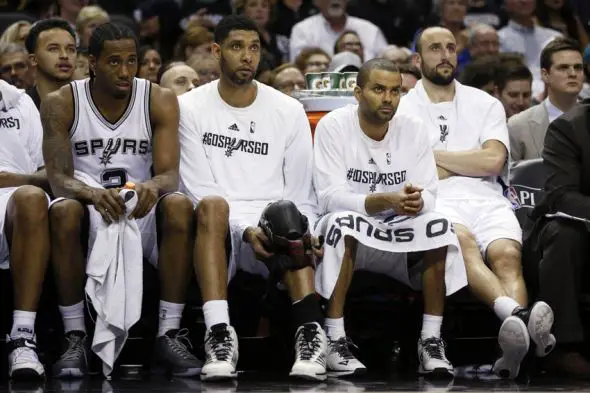
The NBA is now mortgaged out to its superstars, and teams are doing everything they can to protect that investment. With a ludicrous NBA schedule, teams are resting their stars at an alarming rate.
Resting players who aren’t injured to avoid future injuries is certainly not a new concept. Spurs head coach Gregg Popovich, in all his infinite wisdom, has rested players for decades. Popovich is arguably the greatest NBA coach ever, with his five titles spanning over three separate decades, and his teams’ continued excellence in the regular season (the Spurs broke the 50-win threshold for the 18th straight season!).
All of that success could be correlated to the amount of times he’s rested players. Pop has always been the maverick who would look out for his players’ longevity, controversy be damned, as is evidenced by his 113 total instances of resting players in his career, 61 in the last three years.
To put that in context, Doc Rivers comes second with only 45 total rests in his career coaching with the Celtics and Clippers. This rest could explain some of Pop’s players unusually long shelf lives. Tim Duncan, Manu Ginobili and Tony Parker rank 1st, 2nd and 4th all-time in total rests due to non-injury, with 38, 26 and 17, respectively.
While the resting may have helped the longevity of the dynasty, benching starters is hardly the mystery behind Pop’s genius. What’s important to remember is that the Spurs have always had incredible depth off the bench. From Brent Barry and Michael Finley, to Patty Mills and Boris Diaw, with the timeless wonder Manu Ginobili starring throughout, the role players were as responsible as the megastars for the Spurs’ lasting success. The Spurs have always had the infrastructure to withstand stars taking a day or two off and not missing a step.
In the end, cases like Duncan and Ginobili may be exceptions to the rule in terms of longevity. Rest may just prolong the inevitable. Injuries in professional sports, especially the NBA, are simply unavoidable. Just ask Joel Embiid how his minutes cap and 11 games missed due to resting helped him avoid injury.
After another season-ending injury with a torn meniscus, it’s fair to say resting wasn’t the secret method in keeping Embiid healthy for an entire season. Some players are simply an injury waiting to happen (cough—Derrick Rose—cough).
Some players on the other hand, are victims of freak accidents. Does anyone really think any rest could have prevented the 275-pound giant Zaza Pachulia from being tossed into Kevin Durant’s knee, causing KD to miss a month? No, obviously. This is the NBA, shit happens.
However, it is important to note that, at times, resting does make more sense than others. For injury riddled/rookie-sensation Joel Embiid, the Sixers really had to protect their investment, even if it was just to save face. For the first time, the 76ers were finally able to see a strand of hope left from “the process,” the much maligned effort by former GM Sam Hinkie to tank the team in order to get high draft picks.
Embiid showed a glimpse of the potential that Sixers fans have been waiting for. Of course, they weren’t going to throw a player who hasn’t played in two years out there with insane minutes, even if he ended up getting that dreaded injury anyways.
This is not the same as megastars taking the night off in a back-to-back or a rough week. When players like Steph Curry or LeBron James take the night off in order to rest for a big game, or the playoff stretch, it’s an absolute disservice to the fans. Not only does this send a message that the regular season is inconsequential (to some teams) and playoffs are the only real goal, but it shows that the NBA doesn’t have its fans in mind.
Sure coaches may be “protecting their guys,” but what does it say to the common fan who may drop hundreds of dollars on a ticket in the hopes of seeing some of the NBA’s brightest talent, who instead get to see a showdown between two benches?
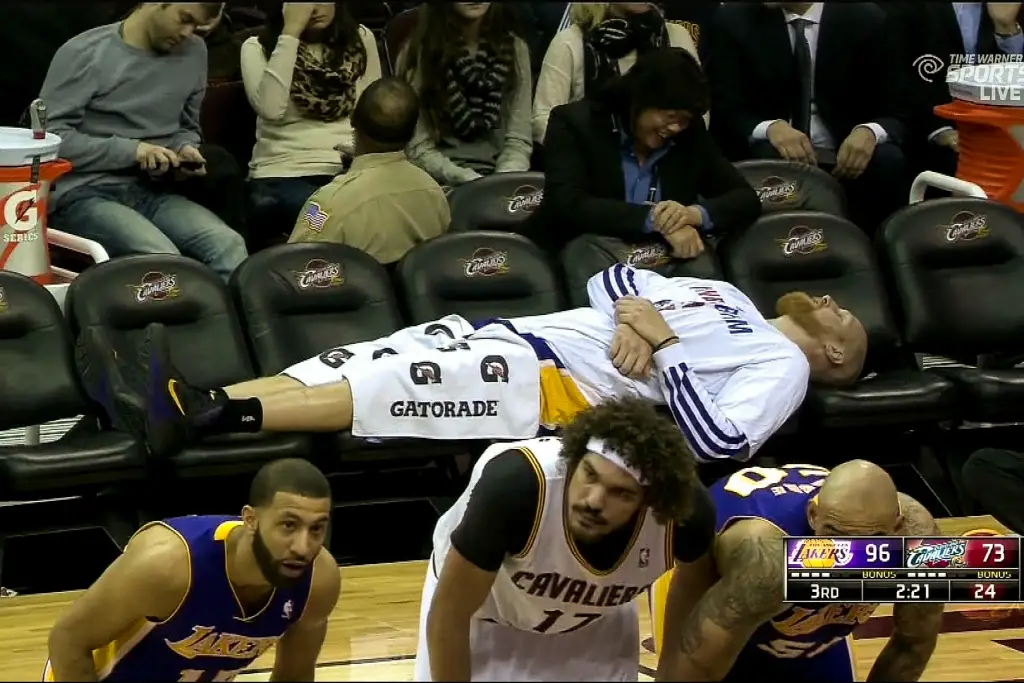
On the other hand, not all teams have the luxury to rest their stars like perennial playoff powers Cavs, Warriors and Spurs, nor do they have the “good fortune” of being so terrible and out of contention that they can experiment with lineups or protect future cornerstones. Most teams have to scratch and claw at the end of the season to vie for a limited amount of playoff spots or ideal playoff seeding at the end of the year.
The “blue-collar” NBA teams need their stars day in and day out to have any chance of hanging with the big boys. It’s why we don’t see Jimmy Butler, Paul George and Russell Westbrook resting as much as the poster boys of the NBA. Therefore, not only does the over-resting act as a spit in the face to the NBA’s most loyal fans, but it also disproportionately helps the NBA elites, leading to further polarity.
However, some of these overarching problems can be fixed with a simple tweak of the schedule. If Silver is really looking out for the players, he must find a way to remove the insanely tough stretches of the NBA season by taking away a majority of the back-to-back games. This can either be done by starting the season earlier, to stretch the season out more and avoid concentration of games, or by cutting down on the 82-game season down to 70 or 65 games.
By mitigating the players’ workloads, teams would lose much of their incentive to rest their biggest stars. By taking this necessary step, the NBA community can finally see how committed the NBA elites are to the regular season and to the loyalty of their fans.


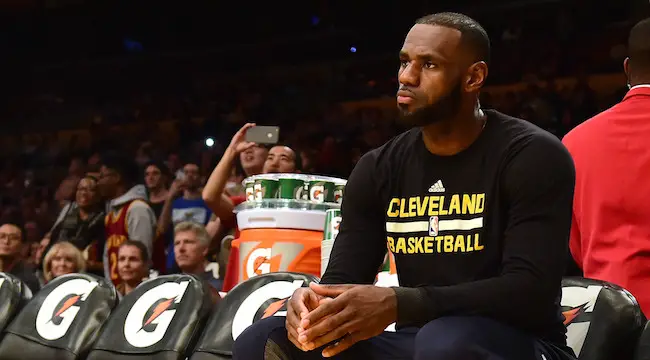








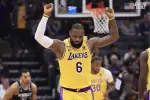
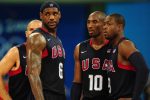





In terms rest prolong the inevitable. Yes players get injured but if rest gives a player a longer career more wherewithal deep in the playoff season it’s worth it.
One thing that has to be factored into this is Lebron, Curry they end up playing more games than the Paul George’s when you add in the playoffs. Lebron plays huge minutes too. So demonizing this as elite players just don’t care is unfair. The coaches have of teams like the Warriors and Cavs have to take into account the extra games they will be playing.